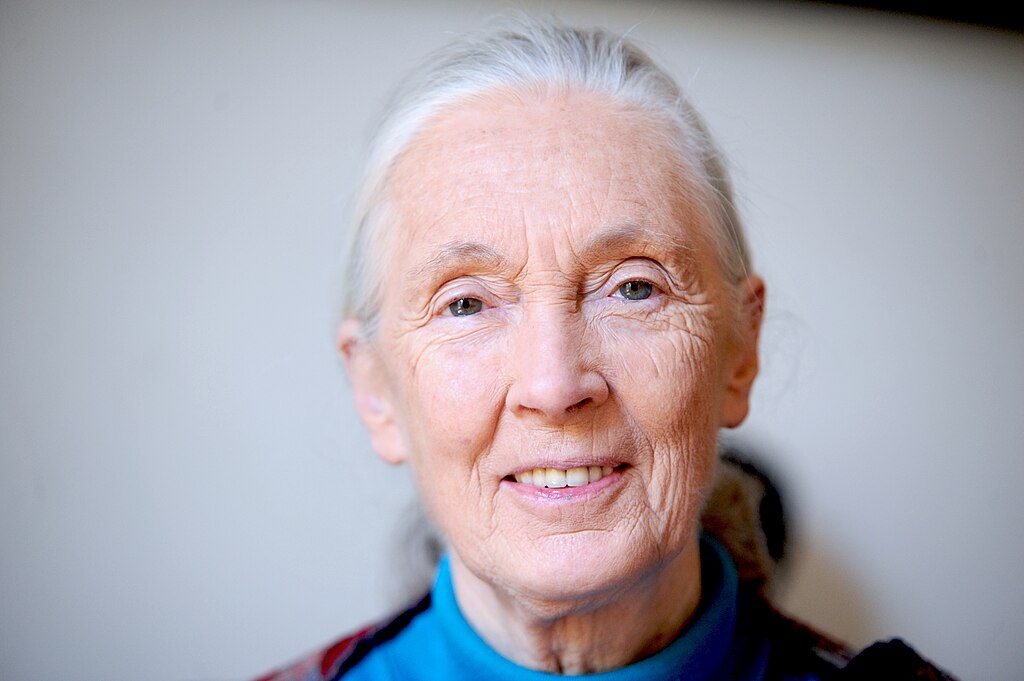Ontario workers receiving minimum wage got a pay bump today as the province raised its hourly rate from $17.20 to $17.60. This 40-cent increase is part of the annual adjustment tied to the Ontario Consumer Price Index, reflecting changes in the cost of living for items like food, clothing, and shelter.
The increase affects about 800,000 workers across Ontario, with a full-time employee working 40 hours weekly seeing an annual boost of more than $800 before deductions. While Ontario now holds the second-highest provincial minimum wage in Canada, advocates argue it falls short of what people actually need to live on.
Craig Pickthorne, communications director at the Ontario Living Wage Network (OLWN), points out that workers in the Greater Toronto Area would need to earn about $26 an hour to cover basic needs. “That means you’d now have to get another job or you have to maybe enter the gig economy,” he said. “People start to have to make terrible decisions like what bills they’re going to go into arrears on so that they can cover rent.”
Several other provinces also increased their minimum wages today. Nova Scotia and Prince Edward Island both raised theirs to $16.50 per hour, Manitoba to $16.00, and Saskatchewan to $15.35. Alberta’s rate remained unchanged at $15.00, making it now the lowest in Canada.
Premier Danielle Smith defended Alberta’s decision, citing the absence of a provincial sales tax and concerns about youth employment. “We don’t want to put any more barriers in place to employers hiring young people,” Smith said.
Ontario’s student minimum wage also increased today to $16.60 per hour for those under 18 who work 28 hours a week or less during school sessions or on breaks. Homeworkers, who do paid work from their homes like answering calls for a call center or sewing clothes, now earn a minimum of $19.35 hourly.
Similar Posts
For hunting, fishing, and wilderness guides in Ontario, the minimum wage is calculated differently — $88.05 for less than five consecutive hours and $176.15 for five or more hours in a day.
David Piccini, Ontario’s Minister of Labour, Immigration, Training and Skills Development, emphasized the importance of the increase: “At a time when many families are feeling the pressure of global economic uncertainty, our government will protect Ontario workers with a minimum-wage increase that supports our world-class workforce.”
While the province bases its minimum wage increases on the Consumer Price Index, living wage calculations factor in actual costs for housing, food, transportation, childcare, and modest recreation in specific communities.
The gap between minimum wage and the cost of housing is particularly stark in Toronto. According to the Canadian Centre for Policy Alternatives, Toronto workers would need wages well above $30 an hour to afford a one-bedroom, and even higher for a two-bedroom, without exceeding the 30% rent-to-income threshold.
This means that even two people working minimum wage jobs in Toronto would struggle to afford housing without exceeding recommended spending limits.
Across Canada, the three territories maintain higher minimum wages than any province, with Nunavut at $19.75 and Yukon at $17.94. Among provinces, British Columbia leads at $17.85.



















